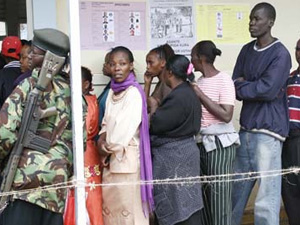
Kenya: To the election, and beyond (part one)
The single most important event to influence Kenya’s political landscape over the next five years will be the general election to be held on 4 March 2013. Most importantly, the election will mark the stepping down of Kibaki, who has reached the end of his two term limit and not shown any unwillingness to relinquish power. In accordance with the new constitution, a presidential candidate must receive a solid majority of votes if he or she is to win office in the first round. Otherwise, voting enters a second round where the two most popular candidates face a run-off at the polls.

Social democracy must radicalise to survive
Social democracy seems perpetually at a crossroads. But today, more than a hundred years after the first of the parties affiliated to the Second International won a plurality in a parliamentary election (in Finland in 1907; Anderson, 1992, 307), social democrats may finally be running out of rope. All the main European social democratic parties are facing a crisis, registering at long last endlessly postponed questions about their fundamental purpose.

Some misperceptions about the Israeli elections
Much has been written about how the media misreported the Israeli elections and I want to briefly dispel two particular misconceptions.
1) The majority of Israelis did not vote against Benjamin Netanyahu. Polls indicate quite clearly that a majority of Israelis wanted to see Netanyahu as Prime Minister. Many voters, though, were opposed to the newly created alliance between his Likud Party and former foreign minister Avigdor Lieberman’s Israel Beyiteinu Party.
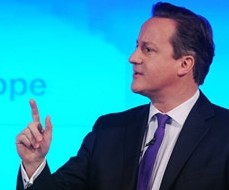
Playing the referendum game
This morning, in his much anticipated speech on the European Union, David Cameron announced that he would seek to renegotiate the terms of the UK’s membership of the EU and then offer an in/out referendum to the British public. It was the sort of ‘announcement’ only possible in politics – something we’ve more or less known was coming for months, the details of which were released the night before.
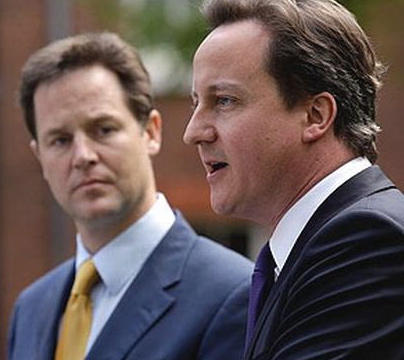
What Next for Britain’s Pro-Europeans?
Having, until now, benefited from the tacit support of the existing political elite, Britain’s pro-European lobby has had less incentive to create a formal political movement. However, if the anti-European jungle drums continue to beat louder, it seems only a matter of time before the pro-Europeans organise, perhaps in advance of the June 2014 European elections.
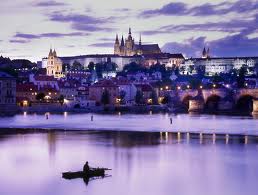
Countdown to First Czech Presidential Elections
UPDATE: In the final week, the Czech presidential race opened up. Jan Fischer performed poorly in the debates, while the Czech Republic’s aristocratic foreign minister, Karel Schwarzenberg, picked up support from two sources: those who disliked both Zeman and Fischer, and those from the centre-right who started to doubt Fischer’s viability in a run-off against Zeman.

The Liberal Revolution of the Italian Left
The Italian left, heirs to the strongest communist party in Western Europe and a powerful Catholic political tradition, is struggling to adjust its values and political agenda to the new needs and constrains of the modern globalised world. As the Democratic Party seems set to win Italy’s general elections next year, and thus take control of the third largest economy of the Eurozone, such ideological adjustment is now particularly urgent.
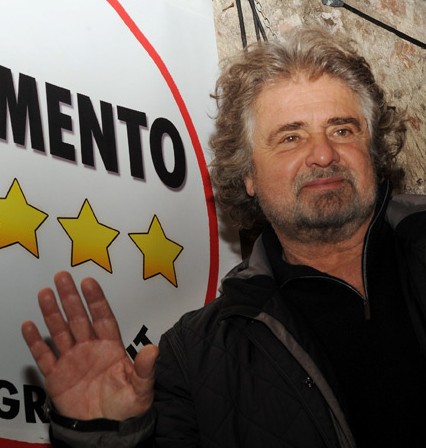
Neither Left nor Right: The rise of populist movements in Italy
When an economic crisis combines high youth unemployment and an impoverished middle class, there is a real risk of a rise in right-wing extremism. But the left/right divide does not always help to understand European populism.
The Italian case is a particularly interesting one. After Berlusconi resigned in disgrace, the main two parties (Berlusconi’s People of Freedom-PDL and the centre-left Democratic Party-PD) were left with no choice but to support a ‘truce government’ of non-politicians and technocrats, led by Mario Monti. This unlikely arrangement froze the parliamentary majority.









